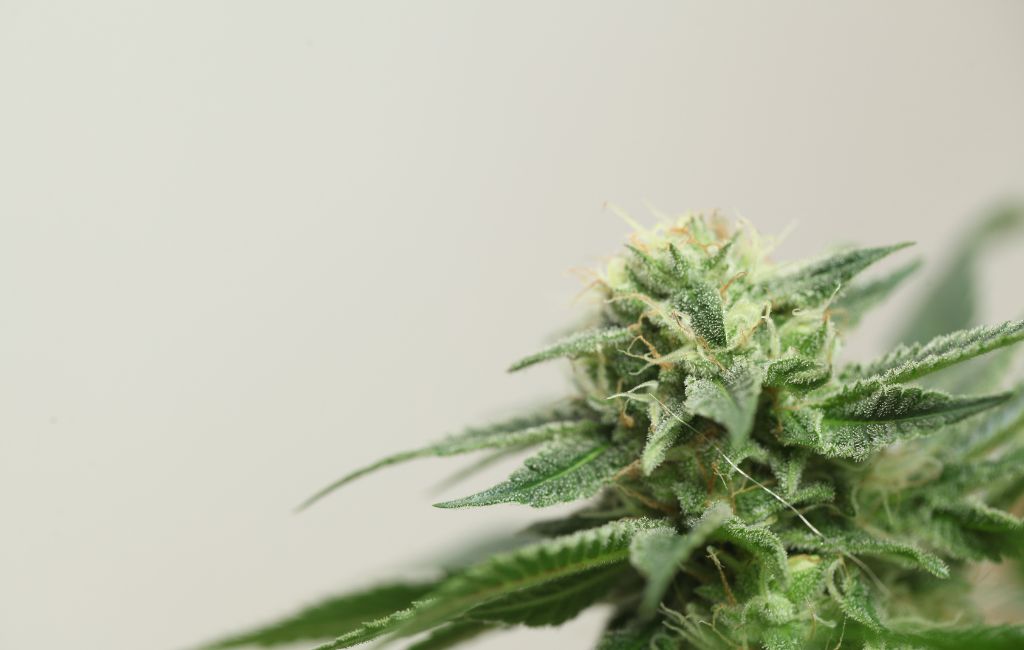THCa Flower: Health Needs

THCa Flower: Nature’s Remedy for Modern Health Needs
In recent years, the interest in natural remedies has surged, with many turning to plant-based solutions for health and wellness. One such remedy gaining attention is THCa flower. This article explores the benefits, uses, and scientific backing of THCa flower as a modern health solution.
What is THCa Flower?
THCa, or tetrahydrocannabinolic acid, is a non-psychoactive cannabinoid found in raw cannabis plants. Unlike THC, THCa does not produce a “high” when consumed. Instead, it offers a range of potential health benefits without the mind-altering effects.
How THCa Differs from THC
THCa and THC are chemically similar but differ in their effects on the body. THCa is the precursor to THC. When cannabis is heated through smoking, vaping, or cooking, THCa converts to THC, which is psychoactive. Consuming raw THCa flower avoids this conversion, allowing users to experience its benefits without intoxication.
Health Benefits of THCa Flower
Research and anecdotal evidence suggest several potential health benefits of THCa flower:
- Anti-inflammatory Properties: THCa has shown promise in reducing inflammation, which can help manage conditions like arthritis and inflammatory bowel disease.
- Neuroprotective Effects: Studies indicate that THCa may protect brain cells, potentially offering benefits for neurodegenerative diseases such as Alzheimer’s and Parkinson’s.
- Anti-nausea and Appetite Stimulation: THCa may help alleviate nausea and stimulate appetite, making it useful for patients undergoing chemotherapy or those with eating disorders.
- Pain Relief: Some users report that THCa provides effective pain relief without the psychoactive effects of THC.
Scientific Studies Supporting THCa
Several studies have explored the potential benefits of THCa:
- A 2013 study published in the British Journal of Pharmacology found that THCa exhibited anti-inflammatory properties in animal models.
- Research from the Journal of Neuroimmune Pharmacology in 2017 suggested that THCa could have neuroprotective effects, potentially benefiting those with neurodegenerative diseases.
- A 2019 study in the Journal of Clinical Investigation indicated that THCa might help reduce nausea and stimulate appetite in animal models.
Real-World Applications and Case Studies
Several case studies highlight the practical applications of THCa flower:
Case Study: Managing Arthritis Pain
Jane, a 55-year-old woman with rheumatoid arthritis, struggled with chronic pain and inflammation. After incorporating THCa flower into her routine, she reported significant pain reduction and improved mobility without the side effects of traditional medications.
Case Study: Neurodegenerative Disease
John, a 70-year-old man diagnosed with Parkinson’s disease, experienced tremors and muscle stiffness. His neurologist recommended trying THCa flower. Over several months, John noticed a decrease in tremors and improved muscle control, enhancing his quality of life.
How to Use THCa Flower
There are various ways to incorporate THCa flower into your wellness routine:
- Juicing: Fresh cannabis leaves and flowers can be juiced to create a nutrient-rich beverage.
- Raw Consumption: THCa flower can be added to salads or smoothies for a health boost.
- Tinctures and Oils: THCa can be extracted into tinctures or oils for easy dosing.
Legal Considerations
The legal status of THCa flower varies by region. In some areas, it is classified similarly to THC and subject to the same regulations. In others, it may be considered a dietary supplement. Always check local laws before purchasing or using THCa flower.
Potential Side Effects
While THCa is generally well-tolerated, some users may experience mild side effects:
- Dry mouth
- Dizziness
- Digestive issues
Consult with a healthcare provider before starting any new supplement, especially if you have underlying health conditions or are taking other medications.
Conclusion
THCa flower offers a promising natural remedy for various modern health needs. With its potential anti-inflammatory, neuroprotective, anti-nausea, and pain-relieving properties, it provides a versatile option for those seeking alternative treatments. As research continues to uncover the benefits of THCa, it may become an increasingly popular choice for health and wellness.